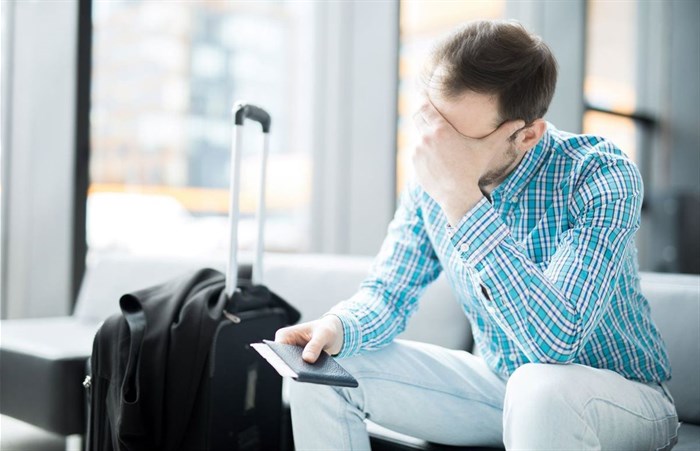






But what exactly is 'traveller friction'? What causes it? How can companies diminish it? And most importantly, why is it so important that they do?
It is estimated that every time an individual travels for business purposes, he or she loses an average of 6.9 hours of productivity due to stress and inconveniences along the way.
When planning a business trip, most of the focus is on ensuring that the employee experiences maximum joy – however, there also needs to be a focus on ensuring that the employee endures minimal stress. You might assume that the two are interchangeable, but according to Oz Desai, GM Corporate Traveller, that isn’t the case.
"Just because a business traveller is jetting off to a beautiful beachside venue and going to be sipping on cocktails in between conferences, doesn’t mean that they won’t suffer from tremendous stress and fatigue when having to wait for their connecting flight for several hours after landing. Furthermore, just because they are indulging in an adrenalin-inducing rock-climbing adventure after meeting with potential new business partners, doesn’t mean that they aren’t overwhelmed with concerns about coming into contact with Covid-19."
In short, traveller friction refers to the physical and mental toll that corporate travel can take on an employee. Traveller friction has the potential to be exacerbated when a person is travelling too often or when the business trip in question has not been effectively optimised to allow for a streamlined experience from start to finish.
Mitigating traveller friction means going that extra mile to maximise comfort and convenience, all the while reducing concern. This does not have to mean going over budget.
"It simply means paying attention to all of the finer details, from flight timings to investigating the various safety protocols employed by chosen travel suppliers and, therefore, making doubly certain that the company’s duty of care is adequately fulfilled," says Desai.
In a world overrun by Covid-19, a brand-new factor has come into play regarding traveller friction. Employees find themselves dealing with heightened emotions, a fear of the unknown, and worries about their health. The fact that business travel – or any travel, for that matter – has been off the cards for a few months also doesn’t help the situation. It is going to take employees time to feel confident enough to take to the skies once again. Even domestic travel is likely to take some getting used to.
Companies can assist in alleviating these new causes of friction by bringing in experts to help them cautiously navigate the way forward.
"A travel advisor understands the challenges that companies and corporate travellers are facing right now, especially in the form of cost and safety-related concerns. The goal is to aid them in successfully overcoming these challenges without having to break the budget in the process," comments Desai.
Travel advisors and travel management companies (TMCs) leverage the latest software to simplify this process and know how to find the middle-ground between cutting costs and keeping corporate travellers comfortable.
"A good example is the fact that a connecting flight is indeed cheaper than a direct flight. However, the loss of sleep and stress experienced by the traveller who must endure the layover isn’t worth the overall financial savings. In the long run, productivity will be lost and job satisfaction could come into question, resulting in a much greater long-term cost for the company compared to the small short-term gains that a decision like this would yield," he adds.
Desai explains that while travellers might be able to navigate the meeting or board room with confidence, taking to the road or the skies during Covid-19 can create trepidation in even the most organised of travellers.
During a time when keeping expenses low is of critical importance, companies need to avoid losing sight of what matters most – making sure that their employees remain a top priority. After all, happy employees usually lead to happy clients and more successful, productive business trips. Finding that elusive balance between cost and comfort will require work and research, but business owners can rest assured that the results will be well worth their while.